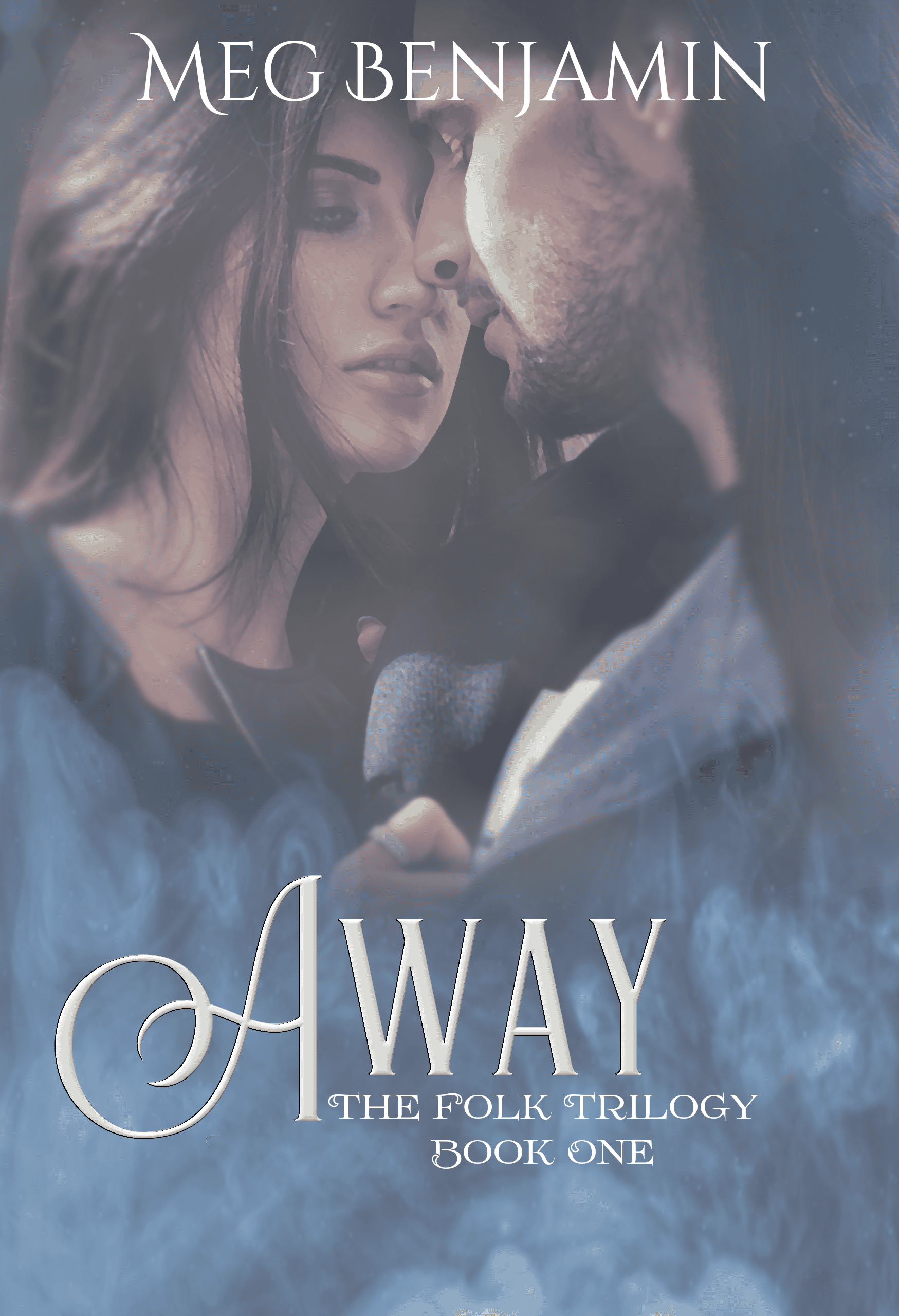Personally Speaking
 Romance is written in third person. That’s not an absolute rule, but it’s close enough. Occasionally, an author will be successful with a first person romance—Kristan Higgins has a few, for example—and chick lit is notoriously first person. But what we might call “traditional” romance never ventures far from third personhood.
Romance is written in third person. That’s not an absolute rule, but it’s close enough. Occasionally, an author will be successful with a first person romance—Kristan Higgins has a few, for example—and chick lit is notoriously first person. But what we might call “traditional” romance never ventures far from third personhood.
Of course, romance isn’t the only genre that’s associated with using a particular POV. For instance, cozy mysteries are almost always written in first person. Donna Andrews and Susan Conant stay very securely in the heads of their narrators, but unlike the first person narrators of some lit fic (Henry James leaps to mind), you never wonder if these women are reliable or not. The reader takes it as a given that Meg Langslow and Holly Winter know what they’re talking about. In fact, in the case of Langslow, you frequently have the feeling that she’s the only reliable person in the entire loony universe of Andrews’ fiction.
And that brings me back to the central question of third person and romance. Why do we use third person rather than first? I’d argue it has to do with the fundamental purpose of romance fiction—the description of relationships. First person narrators may bring you great insight into themselves. You know what emotions Meg and Holly are experiencing and you sympathize. And it isn’t as if these first person narrators give themselves special breaks—both are very honest about being less than admirable. At the same time, you don’t really have much sense of what’s going on inside their significant others. Meg and Holly both pass on what their husbands do, but you don’t really understand much about how their husbands think and feel.
In fact, the husbands/lovers in these books are largely flat figures. All we know about them is what Meg and Holly know, and they frequently don’t seem to know much. Romance and relationships frequently don’t figure greatly in cozy mysteries. The heroines are far more interested in solving the whodunit (or in Meg’s case, solving whatever crisis the eccentric Langslow clan has developed this time).
But romance novels are all about relationships. And you can’t really do much with the description of a relationship unless you know what’s happening to both of the people who are involved. Think about it—when you’re first attracted to someone, you desperately want to know if they’re attracted back. And if they are, who’s attracted more? With first person, you get the desperation on one side of the relationship, but you don’t have any more knowledge about The Other than you would in real life. With romance, on the other hand, the third person lets you know who’s attracted to whom and how much.
And that’s really what romance is all about. You get both sides of the story, hers and his. You no longer have to guess at what’s going on in his head—you know. Does that make romance less realistic? I’d argue it doesn’t. It just gives you a privileged position in terms of how the characters think. And given how rarely we have this kind of privilege in reality, that may well be one of the reasons so many readers love romance.
Posted in Blog • Tags: first person, On Writing, romance writing, third person | Be The First To Reply!








